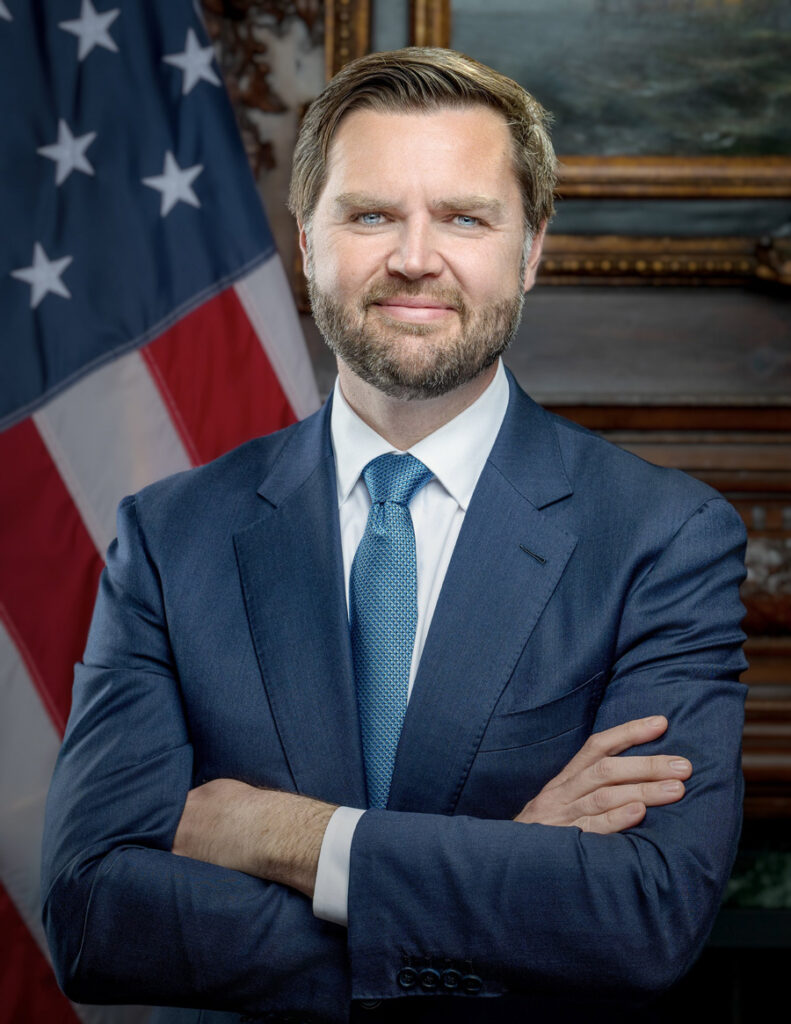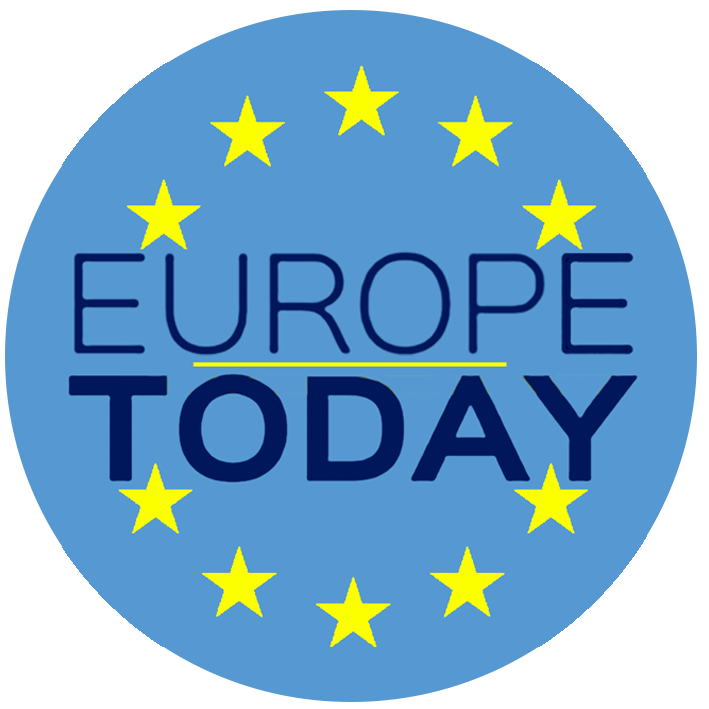By Lara Wagner |
The speech given by Vice President Vance in Munich regarding the European Union was, without a doubt, largely inappropriate and out of place—just imagine if one of our European leaders had gone to Washington to deliver a similar address to the Americans!

The mere fact that an American leader felt entitled to do so speaks volumes about the superiority complex the US maintains towards Europe, not to mention its individual states. And this is not an attitude exclusive to the Trump administration—previous administrations were simply more diplomatic, but the substance has always remained the same, beyond the façade of hypocrisy. The current one is merely cruder and more blunt. Looking at the substance of Vance’s speech, however, we cannot dismiss his arguments entirely, even though we certainly do not take lessons from anyone when it comes to democracy.
Can we honestly deny that, on several occasions, our leadership—both at the national and European levels—has sought to sideline certain political forces that were, in fact, freely elected by a significant portion of the population?
Or that, particularly in recent years, freedom of speech and opinion has often been censored if deemed not to align with what is considered politically correct?
Vance’s words, however inappropriate, likely stem from the experience of Trump’s electorate, who were demonised by the Democrats and their aligned media. Unfortunately, this phenomenon is happening in our own political landscape as well. At a time when, after three years, a concrete hope for peace with Russia is finally emerging on the horizon, certain leaders and sections of the media irresponsibly continue to demonise both Trump and Putin, recklessly fanning the flames of war.
A recent example is the speech by Italian President Sergio Mattarella, who drew a rather unfortunate parallel between Russia’s invasion of Ukraine and the expansion of Hitler’s Third Reich. Russia’s Foreign Ministry spokesperson, Maria Zakharova, responded by calling it “strange and insane” to hear such “blasphemous fabrications” from the Italian president. Yet, leading Italian newspapers astonishingly framed her response as a “Russian attack on Mattarella.”
“The threat is against all of Europe,” Danish Prime Minister Frederiksen allegedly said. “We must be prepared for the possibility that Russia might shift the war from Ukraine to another European country.” Such statements—which, incidentally, remain unproven—certainly do not contribute to de-escalation.
Can we seriously believe that Russia intends to invade other European states, as some leaders and media suggest, when it has struggled, over the course of three years, to claim just a few border regions of Ukraine—wrongly, of course, but nonetheless with considerable difficulty?
Do we really think this war should continue, despite the fact that it has crippled Europe’s economy (while leaving America’s largely unaffected), and that a nuclear superpower like Russia could ever truly be defeated?
Peace must be made. A just peace, as far as that is possible. Speaking of a “just peace” is much like speaking of a “just” divorce settlement: no matter how right or wrong is distributed between the two parties, both always lose something. This is the reality of human justice—imperfect as it may be, we must come to terms with it and prepare to accept it. The only alternative is to continue this war indefinitely, fought “by proxy.” The European Union is not yet, unfortunately, a true political entity, so it is hardly shocking that it was not invited to the peace summit in Saudi Arabia between the US and Russia.
At the very least, however, it is a promising sign that President Macron convened the extraordinary Paris summit—if Europe wanted to demonstrate political irrelevance to the world, this was, undeniably, a step in the right direction to prove otherwise, showing an attempt at concerted action. But what exactly do European leaders aim to achieve? Do they intend to sabotage this first step towards peace while the US quietly withdraws from its commitments, leaving the burden on Europe?
If they choose to go down this path, they will have to answer to their own electorate—to the ordinary people struggling daily with rising costs driven largely by this war-induced economic crisis. One wonders where they will find the funds to increase military spending—unless, of course, by raising taxes even further. The truth is, individual European states do not need to increase their military budgets; what they need is a shared European army. But that requires time.
What Europe should be doing is twofold: first, fostering de-escalation with Russia by encouraging a concrete and realistic path towards peace with Ukraine (ironically, speaking of peace nowadays immediately gets one branded as “pro-Putin”); and second, strengthening its own defence autonomy while freeing itself from America’s overbearing influence.
In this sense, a European army is an urgent historical necessity, as is a common foreign policy. Does it really make sense for Europe to have 27 separate armies or 27 air forces? A unified military would cost far less, while being significantly stronger and offering far greater security. But we should not do this because Trump demands it, nor because we are irresponsibly led to fear that Putin intends to invade Europe.
We should do it because it is the logical and right thing to do.
But, unfortunately, these no longer seem to be times for what is logical and right.
Lara Wagner, Freelance Journalist

